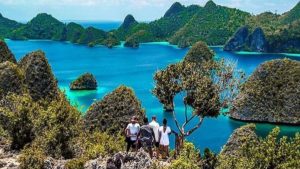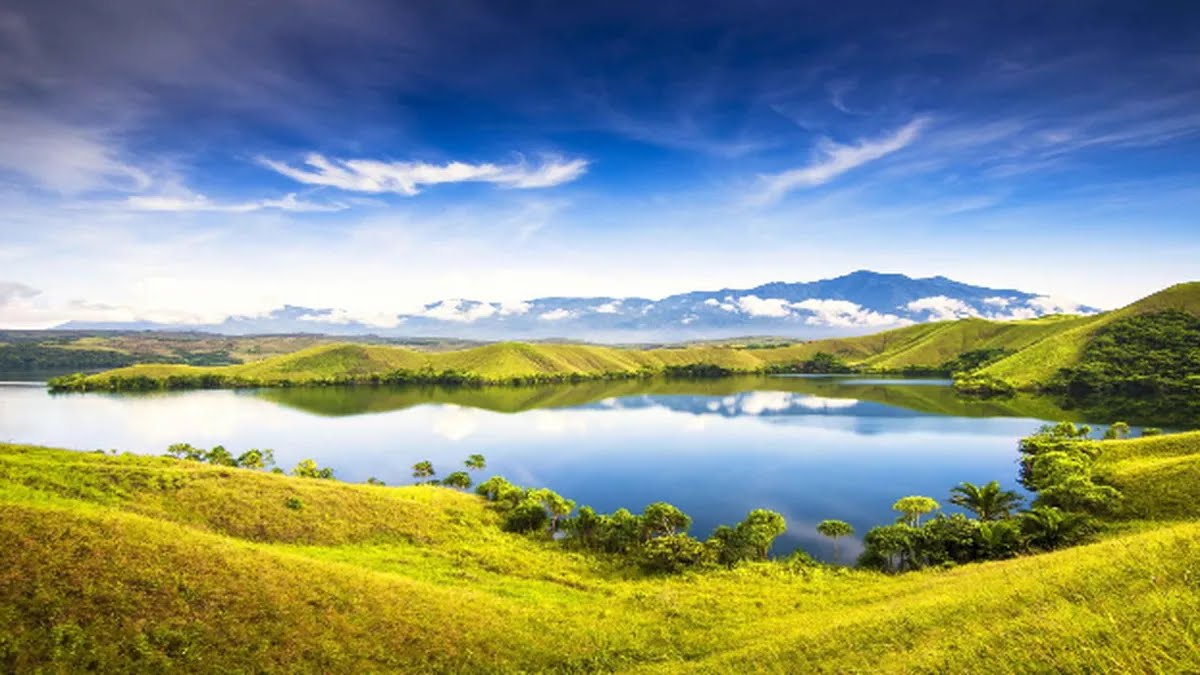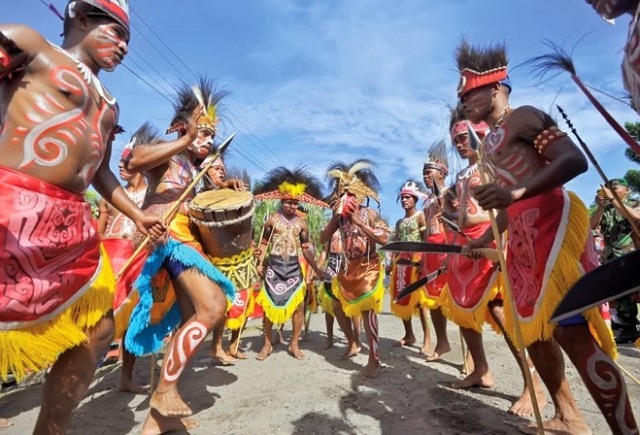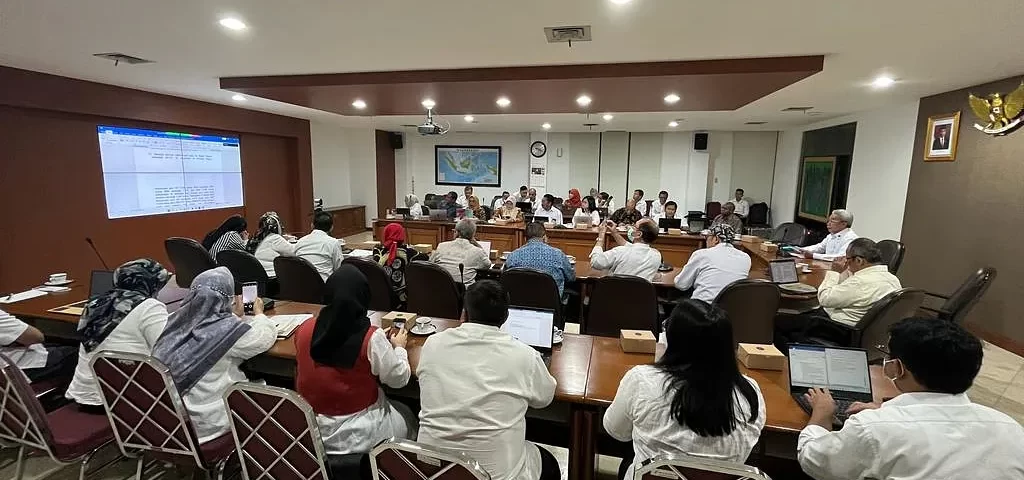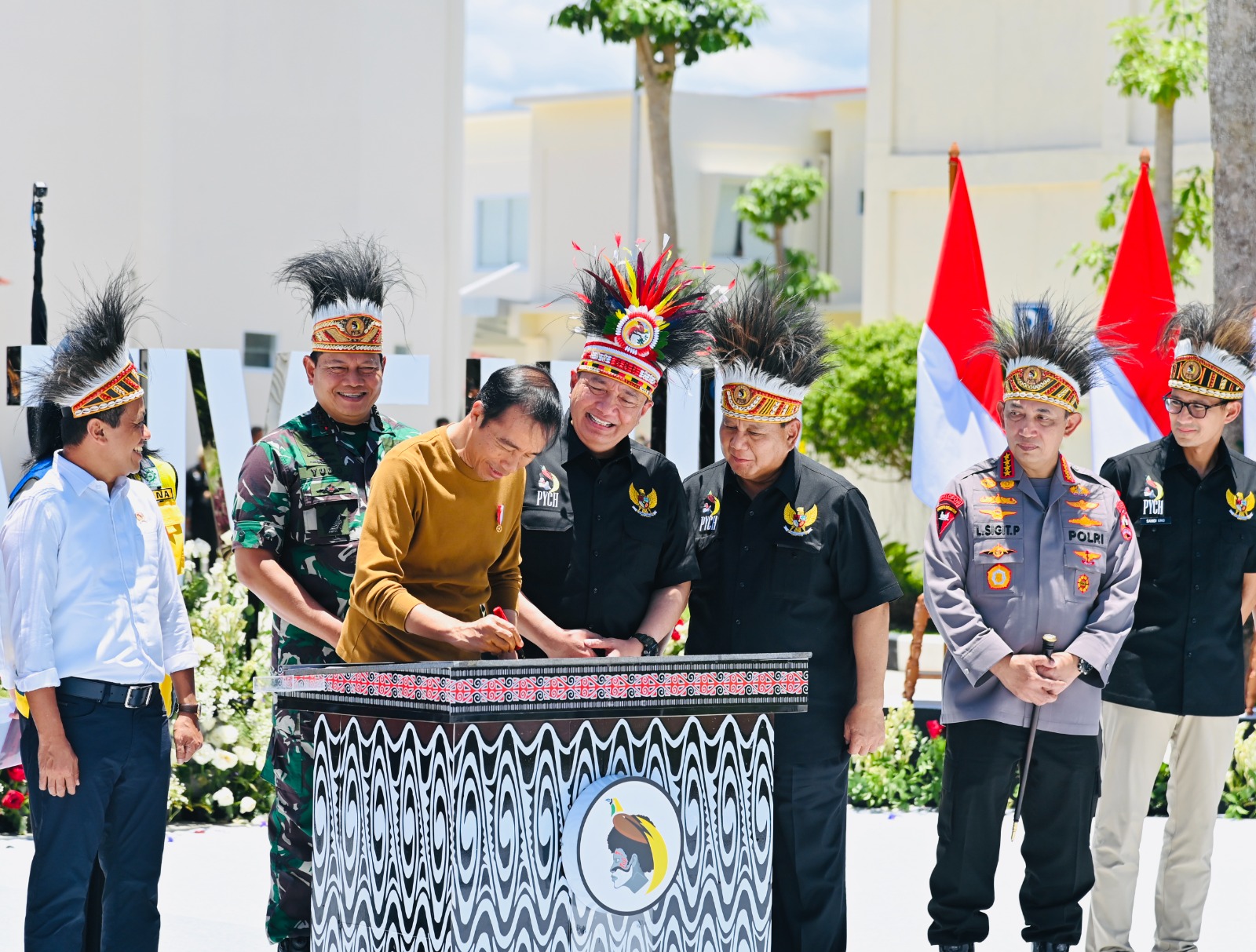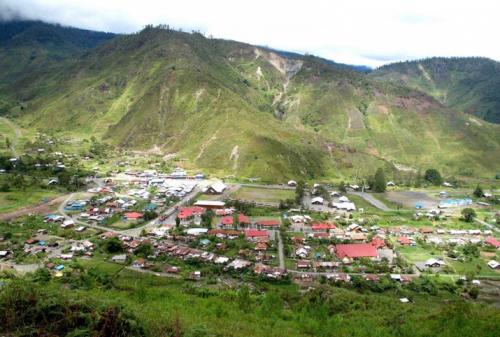Baliem Valley Festival- Papuan Culture

The Baliem Valley is nestled in the Central highlands of Papua lying at an altitude of about 1,800m, surrounded by a crest of steep green mountains and home to three of Papua’s interior tribes: the Dani, Lani and Yali tribes. The Dani live in the center, the Lani tribe in the West and the Yali tribe in the South east. Although this is one of the most densely populated areas of Papua and these groups have lived in this area for thousands of years, the Baliem valley has only recently been discovered by westerners when American Richard Archbold noticed beautiful terraced fields dotted through the valley from his plane in 1938. The Baliem valley is bisected by the Baliem River which flows from Mt. Trikora, through the Baliem Valley before reaching the Arafura Sea.
Every year these three tribes gather together in Wamena for the annual Baliem Valley Festival, one of the significant cultural events in the history of the Indonesian people. This festival is a wonderful opportunity to experience an event central in preserving and celebrating the cultural values of three of Papua’s remarkable interior tribes.
This spectacular event highlights many of the unique cultural values and traditions of the Dani, Lani and the Yali tribes. One of the main features is the mock battles between the tribes an event which is held over two days with about 26 groups of 30-50 people. These mock battles are accompanied by the sound of the traditional Papuan Pikon.
In addition to these mock battles other celebrations include traditional dancing and music, Puradan (rattan spear throwing), Sikoko (spear games), pig racing, earth cooking and the pig roast feast. Visitors can also take part in the Sege throwing and archery competition.
Etiquette in Indonesia
The people of Indonesia are, in general, reserved and friendly. It is hard to generalize such a diverse group of people making up one country, so when in doubt, follow the locals. If the mood is quiet, don’t talk loudly, if someone hands you something with two hands, receive it with two hands. Women are seen as quiet and reserved, it is not common to show signs of affection, or for women to engage in physical contact with men outside of their family. A way of greeting in the Muslim part of Indonesia is touch your hand to your heart as a sign of respect. Same sexes may extend hands while opposite sexes may not.
Remember, in much of the world, the left hand is seen as unclean so do not handle food, shake hands, or open doors with your left hand.
Dress in Indonesia and Papua
Most Indonesians dress conservatively, especially women. In Papua, the penis guord is far from conservatively by western standards, but outside of tribal areas, people tend to cover up. As a visitor, it is advised that you cover yourself, especially if you are a female. Do not show any midriff, plunging necklines, or wear short clothing. At the very least cover your shoulders. When traveling in jungle areas it is best to wear lightweight pants, to avoid getting bitten by bugs and scrapped by thorny branches.
Food and Drink
Due to the diversity of cultures in Indonesia and Papua, the food and drink varies widely. In Papua wild game, fish and various native root plants dominate the menu. Pork is typically not present in the rest of Indonesia (with the exception of Bali) because pork is non-halal and considered unclean. Tempe or pressed soybeans, is a staple food in much of Indonesia. The Island of Java is known for its spice and special blends of chili and oil, called sambal, is a popular treat. So popular that there are restaurants dedicated to this extremely hot paste. Satay, or meet on a sick, is a popular street food treat. Options range from your typical meat cuts to snail, intestines and even skin. Indonesia is also well known for its coffee. From regular coffee to the famous Kopi Luwak, or cat poop coffee, there is something for everyone’s taste.
Alcohol, although legal in Indonesia, is not widely consumed. Imports from Singapore, Australia and the Philippines are common. There are also a few local beers available for purchase in tourist restaurants, clubs, grocery, stores and some convenience stores.





